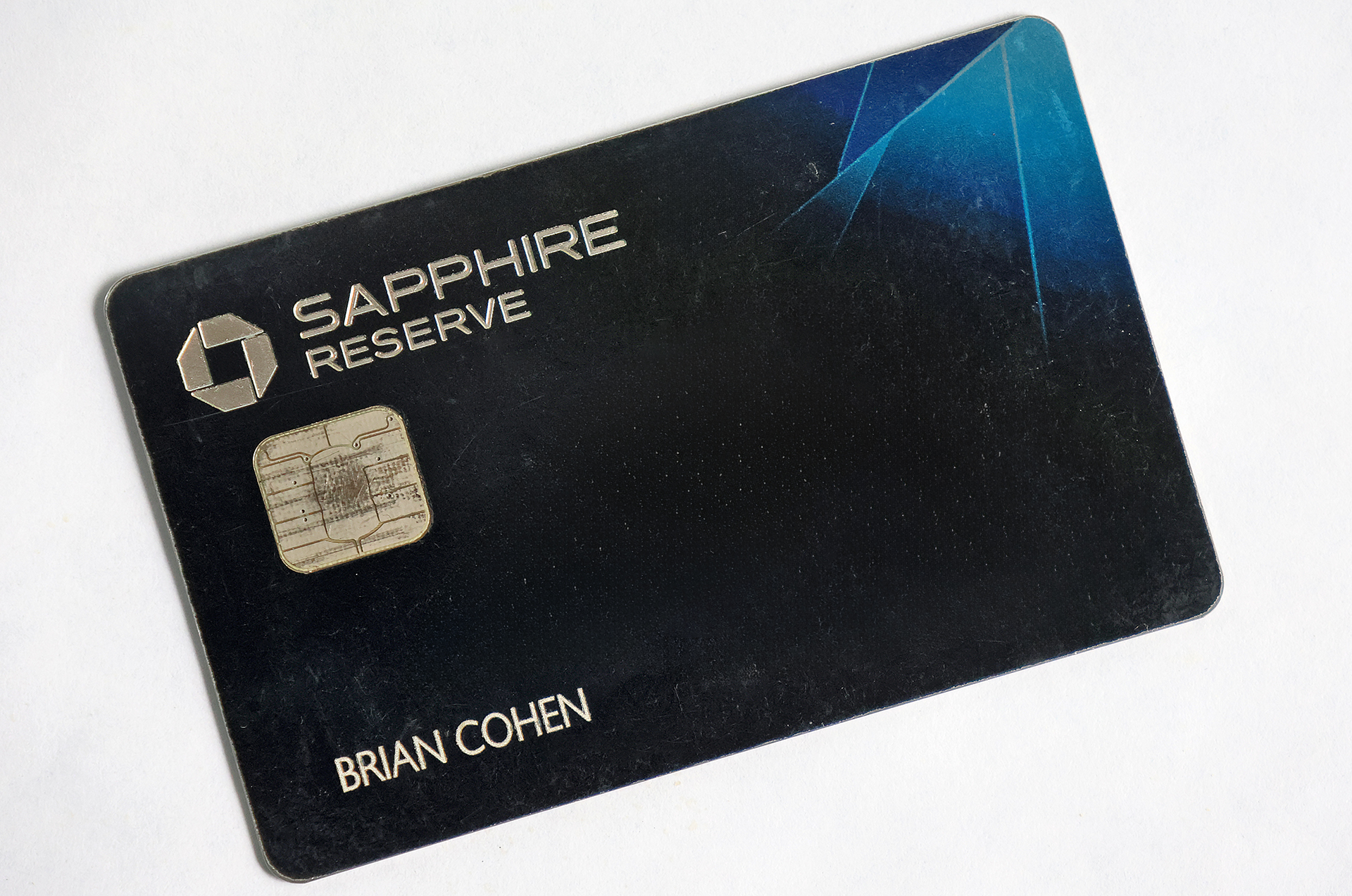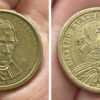Despite vigilantly being as careful with my credit cards as possible, the fraud alert that I recently received on my credit card was legitimate, as three charges appeared on my credit card statement that I did not recognize.
Fraud Alert on My Credit Card Was Legitimate. Again.
Someone attempted to charge the following amounts for a total of $767.87 on my credit card:
- $529.99 at Target
- $87.99 at Instacart
- $149.89 at T-Mobile
JPMorgan Chase & Company contacted me via both text message and e-mail message pertaining to the fraudulent purchases that were being charged on my Chase Sapphire Reserve credit card, which I still have in my possession.
This is not the first time this has happened to me, as two of my credit cards were compromised in November of 2021.
What to Do When Fraud is Suspected on a Credit Card
If you suspect that purchased are fraudulently being charged to your credit card:
- Call the telephone number that is printed on the back of your credit card. Ensure that you speak to a live person at the bank that issued the credit card. Never respond to an e-mail message or a telephone call, as you do not know who is at the other end of the communication.
- No one at the bank that issued the credit card will ever ask you for your account number or password in an e-mail message — nor should you ever volunteer that sensitive information unless you are absolutely certain that the person with whom you are communicating is legitimate. Volunteering your account number or password to someone who is not verified can lead to substantial problems — including the possibility of identity theft.
- While the claim of fraud is being researched by the bank, your credit card account will likely be closed to further purchases immediately. In the meantime:
- Pay the minimum payment for the balance. You do not have to pay for transactions you verified were unauthorized — including any related interest charges or fees — until the results of the claim of fraud are confirmed.
- Review your next billing statement. If you find additional unauthorized charges, call the bank right away for those unauthorized charges to be researched.
- Destroy all credit cards or account access checks for the credit card number in question. If you recently used either and have not informed the bank, call the bank via telephone in order to ensure that the legitimate transactions are completed.
- If you have a metal credit card or embedded metal credit card, the bank will send a prepaid envelope that you are to insert that metal credit card and return it to the bank, where the metal credit card will be destroyed for you.
- Disregard any access checks, re-issued credit cards, and other materials you may receive for your old credit card number, as they will no longer be valid.
- If you have a card enrolled in a valid Digital Wallet, you can continue to use it as you wait for the new credit card to arrive. This normally takes a few minutes to transfer over; but it can take up to 24 hours.
- When you receive your new credit card number:
- Ensure to use your new credit card number on future payments.
- Notify merchants that automatically bill your account of the new credit card number. Merchants and Digital Wallets linked to your account may be viewable at the official Internet web site of the bank or the official mobile software application program by accessing your stored cards.
- Check your statement if you earn rewards on your account. Your existing rewards will be transferred to the new account number. Rewards earned on fraud transactions will not transfer.
- Continue to access your account with your current username and password.
- The top four credit reporting agencies will be notified that your credit card number has been changed.
Final Boarding Call
Trusting anyone these days is almost impossible pertaining to identity theft — as demonstrated with the example of an employee at a fast food restaurant who was accused of telling a customer that no remaining balance was left on a gift card, which the customer knew was not true. Completely preventing yourself from either becoming a victim of identity theft or having your credit card compromised is equally almost impossible, as had just happened to me despite my vigilance…
…but by following the list of recommended precautionary actions in this article which I wrote on Tuesday, December 2, 2014 — I intend to update that article later this year — you can significantly mitigate the risk.
Other than the occasional contact from an employee of the security department of any of the companies which issued my credit cards to inform me — after they have been verified, of course — that there is a possible fraud alert on my credit card account from someone attempting to abuse it, I have thankfully never been a victim of identity theft even though I have had my credit cards compromised several times. Unfortunately, many people are the prey of someone attempting to use their credit card account numbers fraudulently to purchase items — but fortunately, those issues are usually resolved quickly and easily, thanks to the proactive practices of the issuers of credit card. Losing the affected credit card account and opening a new one is an annoyingly irritating though minor inconvenience at best — I did not lose a single cent as a result — but it sure beats the alternative…
…and if you are already experiencing the alternative by having already unfortunately become the victim of identity theft, help is available: please be sure to contact the Identity Theft Resource Center toll-free at 1-888-400-5530. The services offered are at no cost to victims of identity theft. You can also find out additional information through the Federal Trade Commission of the United States.
If you have any additional helpful information to minimizing becoming a victim of identity theft or the unauthorized use of your credit card account number, please add it in the Comments section below. Thank you.
Photograph ©2025 by Brian Cohen.

